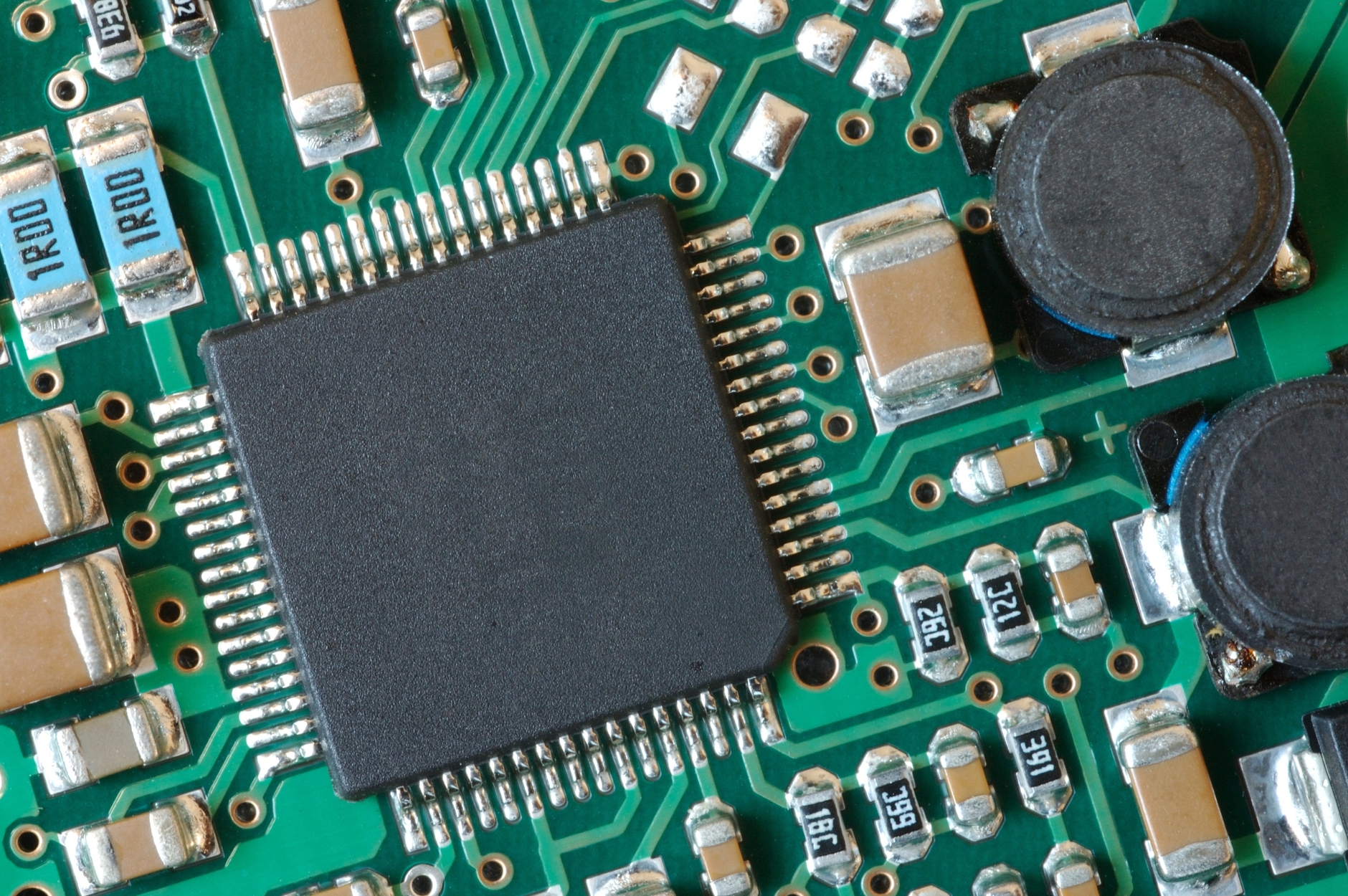In our technologically driven landscape, PCBs are vital in ensuring functionality and efficiency within electronic devices. PCBs are irreplaceable in modern technology, from automotive and telecommunications to healthcare and aerospace.
This article explores the various applications of PCBs, underscoring their pivotal role in powering innovation within numerous industries.
What are Printed Circuit Boards (PCBs) and What Are They Used For?
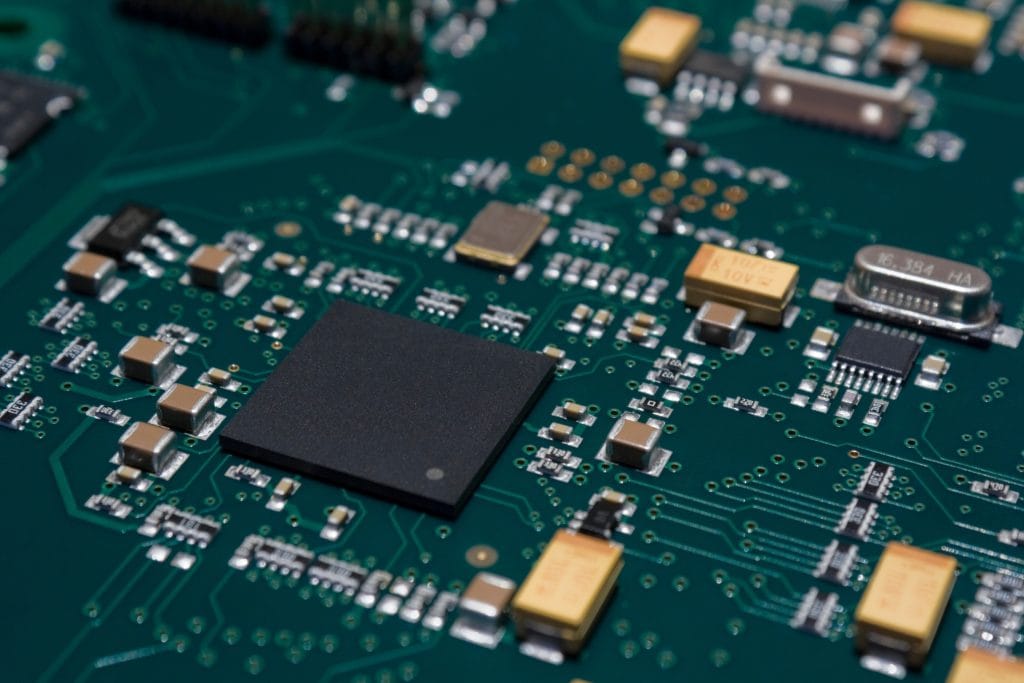
PCBs, or Printed Circuit Boards, are fundamental for electronic devices, underpinning their functionality and efficiency. They act as the blueprint that connects and supports the diverse electronic elements within a device, enabling communication and collaboration.
Through meticulously designed pathways and connections, PCBs facilitate essential electrical conductivity and offer mechanical stability to delicate components.
Once the PCB assembly process is complete, the PCB becomes a PCB assembly.
What are the Different Types of PCB Assemblies?
Surface Mounting
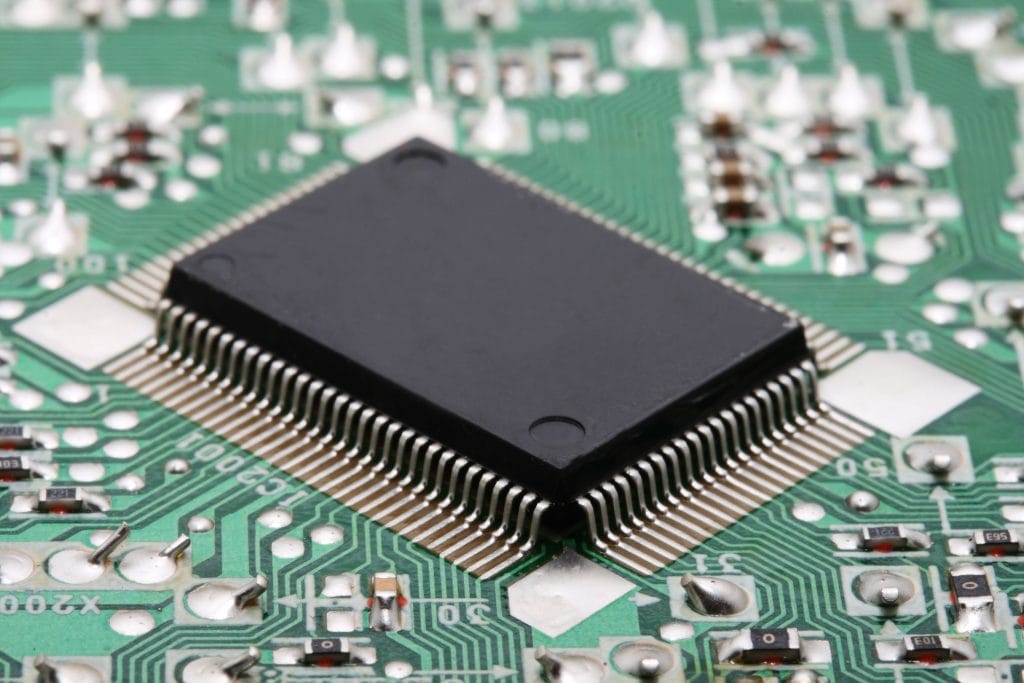
One prevalent approach to PCB assembly is surface mounting, a technique that optimises space utilisation and streamlines automated assembly. This method paves the way for compact, lightweight devices, ideal for portable electronics, and enhances the overall efficiency of production processes.
By affixing components directly onto the surface of the PCB, this assembly process maximises space efficiency, resulting in sleeker, more compact devices. This advancement caters to modern design aesthetics’ demands and paves the way for automated assembly, reducing production time and costs.
Thru-Hole Mounting
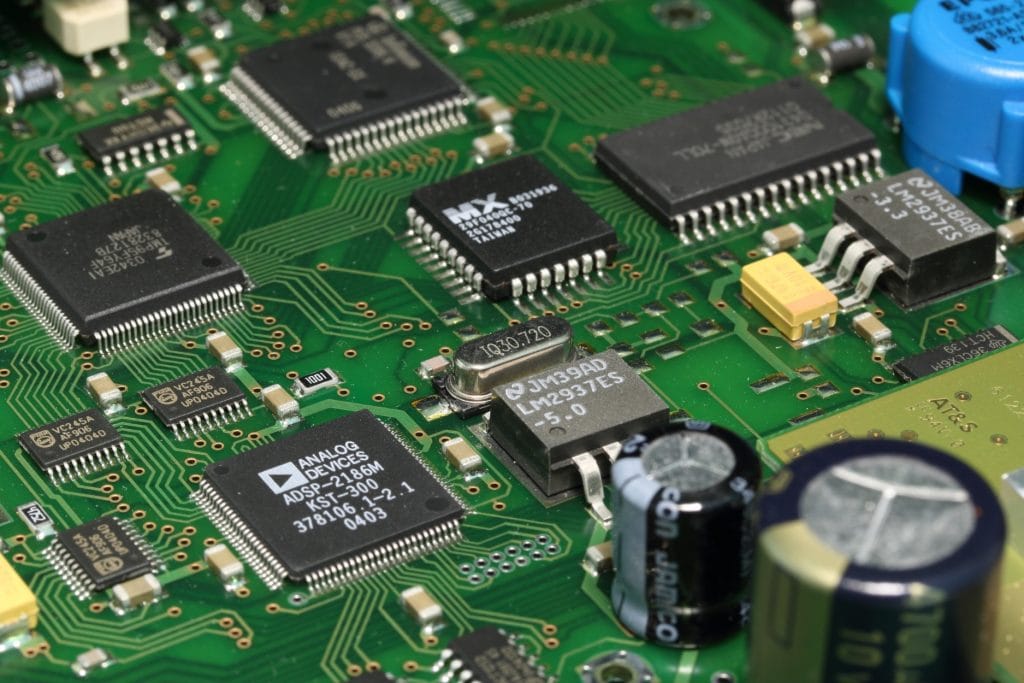
The thru-hole mounting technique offers a solution in scenarios where durability and robust connections are paramount. Heavier or larger components are anchored through holes drilled in the PCB, creating steadfast connections that resist mechanical stress and external forces.
This technique’s reliability makes it a go-to choice for applications exposed to harsh environments, guaranteeing longevity and uninterrupted performance.
PCB Applications in Consumer Electronics
Smartphones and Tablets

In smartphones and tablets, PCBs allow professionals to create smaller yet still functional models, enabling sleek designs while integrating the relevant components for an enriched user experience.
By intricately weaving together processors, memory, sensors, and more, PCBs enable the compact design and seamless functionality that users love.
These miniature powerhouses owe their efficiency and performance to the precision of PCB integration, enhancing the user experience and advancing the boundaries of technology.
Laptops and Computers

PCBs enable data processing in computers and laptops. Robust PCBs are the foundation for hardware components, ensuring the steady flow of information and enabling efficient computation. Reliability is paramount for this technology; top-tier PCBs guarantee smooth and stable operation.
Home Appliances

Even the home appliances we rely on daily – from washing machines to refrigerators and microwaves – require PCBs for enhanced functionality. These intricate boards offer energy efficiency, safety enhancements, and seamless automation, redefining convenience within living spaces.
PCB Applications in the Automotive Industry
Engine Control Units (ECUs)
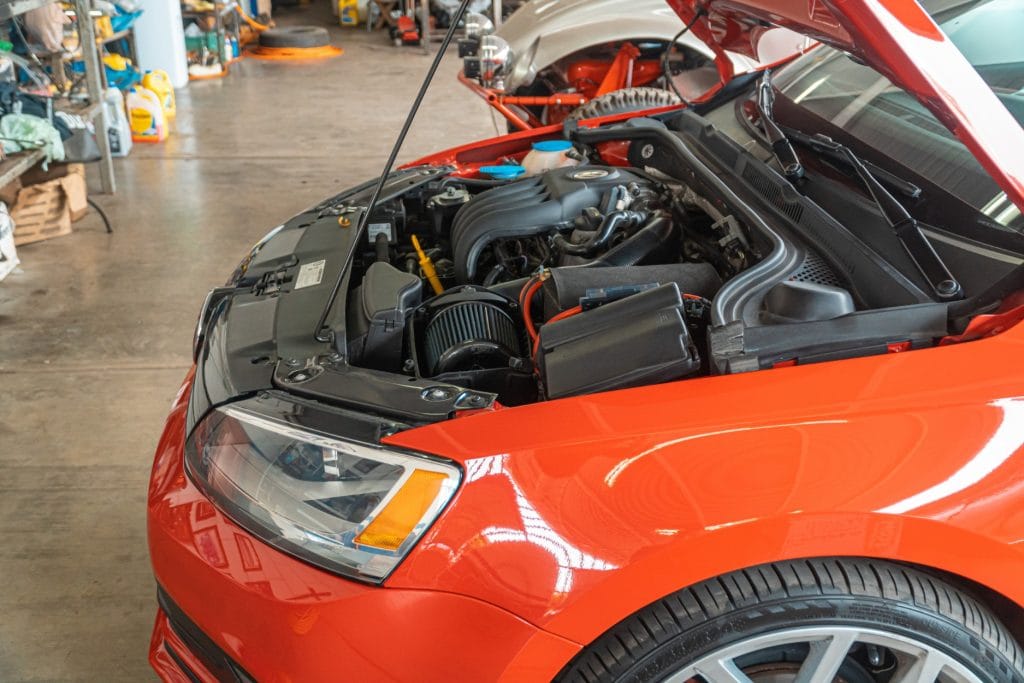
These boards provide fuel efficiency and emissions reduction, ensuring precision control and coordination among engine components whilst optimising engine performance. PCBs bring automotive technology toward a greener, more sustainable future.
Infotainment Systems
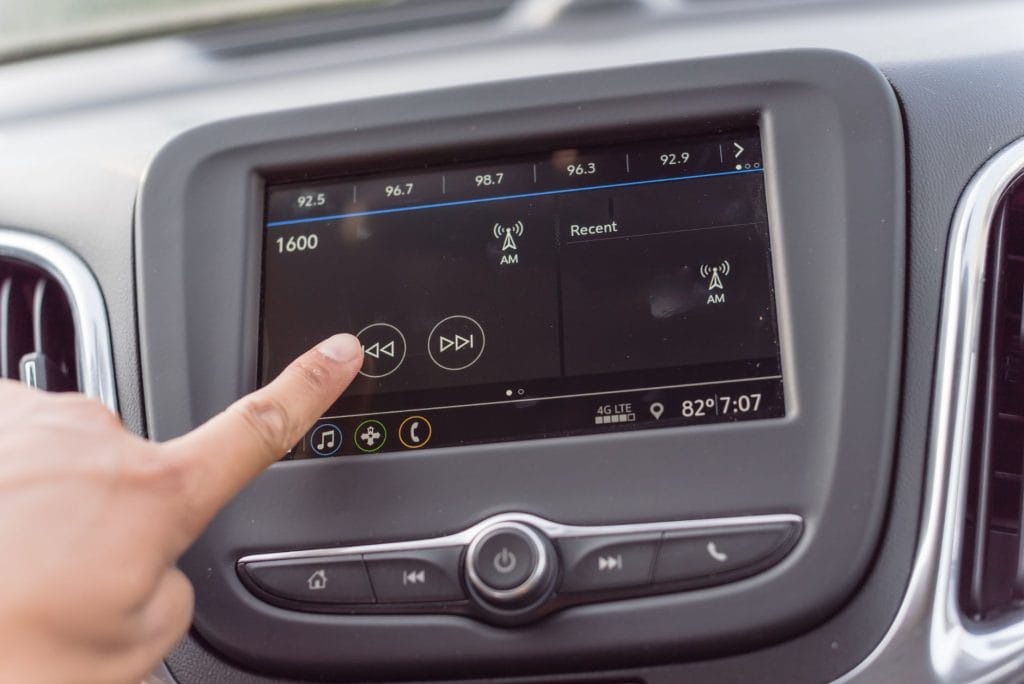
PCBs empower infotainment systems to deliver an immersive driving experience. With PCBs at their core, infotainment systems integrate entertainment and connectivity features.
These boards enable touch screens and GPS navigation and serve as the multimedia delivery conduit, transforming the vehicle’s cabin into a seamless connectivity and enjoyment hub.
Safety Systems

Safety is paramount, and PCBs are irreplaceable in automotive safety systems. They power airbags, anti-lock braking systems (ABS), and collision avoidance mechanisms. Reliability is essential in these critical applications, as PCBs underpin the swift and precise response that saves lives on the road.
PCB Applications in Industrial Automation
Programmable Logic Controllers (PLCs)
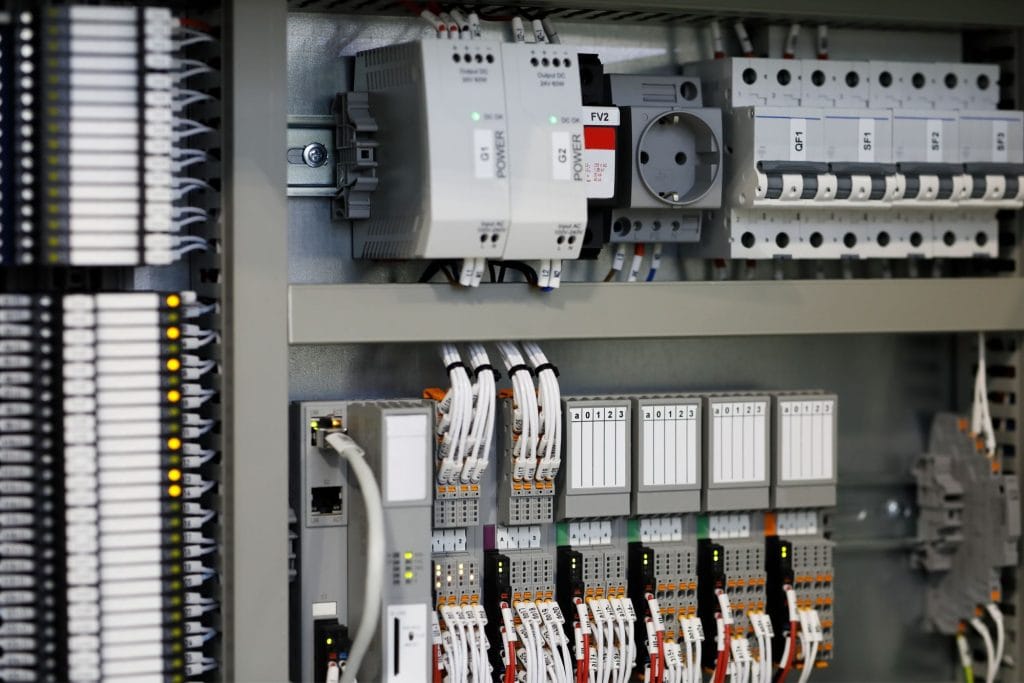
PCBs handle intricate instructions and data but thrive in the harshest environments, ensuring uninterrupted operations. The reliability and ruggedness of PCBs are crucial for programmable logic controllers, driving efficiency and precision in manufacturing.
Motor Drives and Control Systems
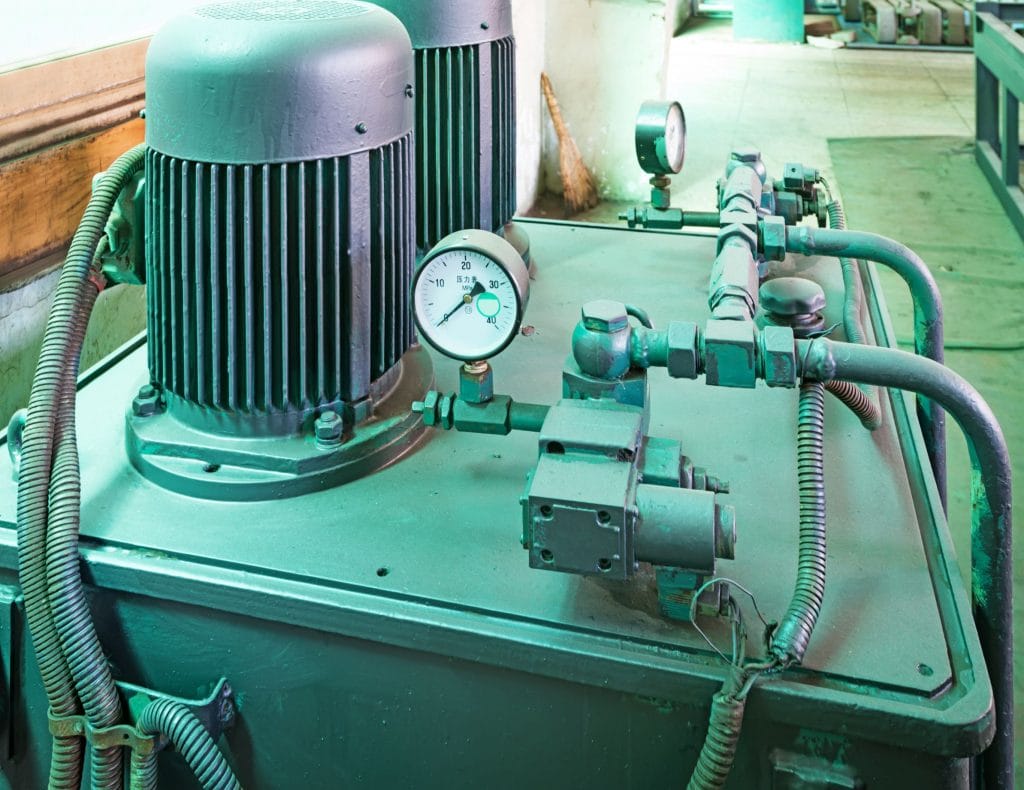
PCBs empower manufacturing processes with unparalleled accuracy and efficiency by precisely controlling motors. Energy consumption is optimised, reducing costs and streamlining operations through these sophisticated PCB-based control systems.
Human-Machine Interfaces (HMIs)
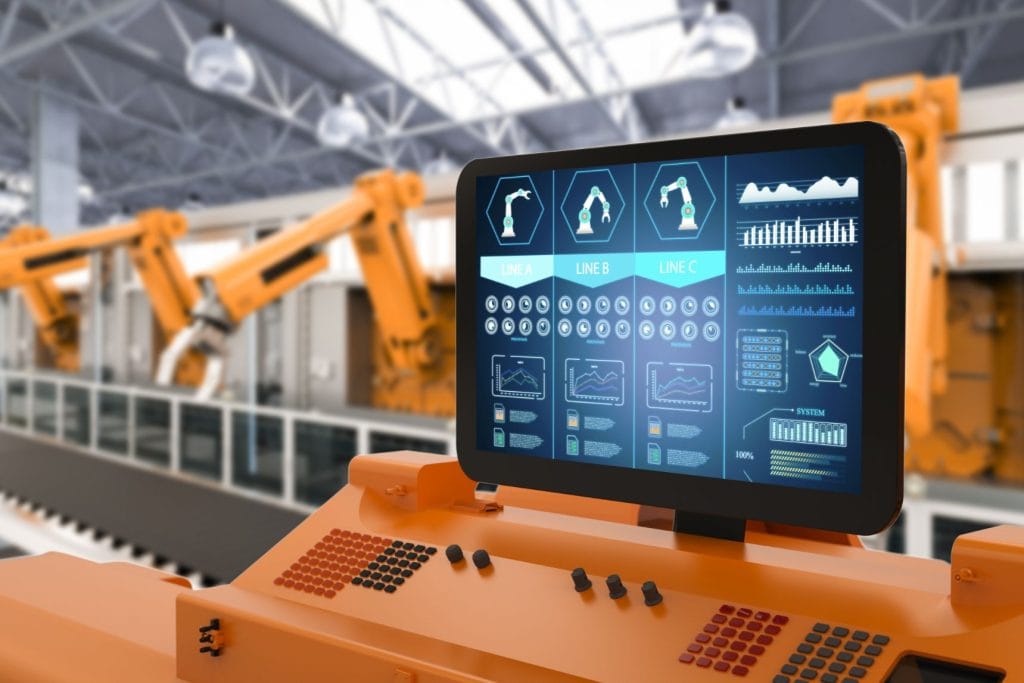
These interfaces bridge the communication gap, enabling operators to interact effortlessly with industrial machinery. The efficiency and productivity gains in industrial settings are significant, with PCBs allowing swift, accurate, and intuitive exchanges between humans and machines.
PCB Applications in Medical Devices and Equipment
Diagnostic Equipment
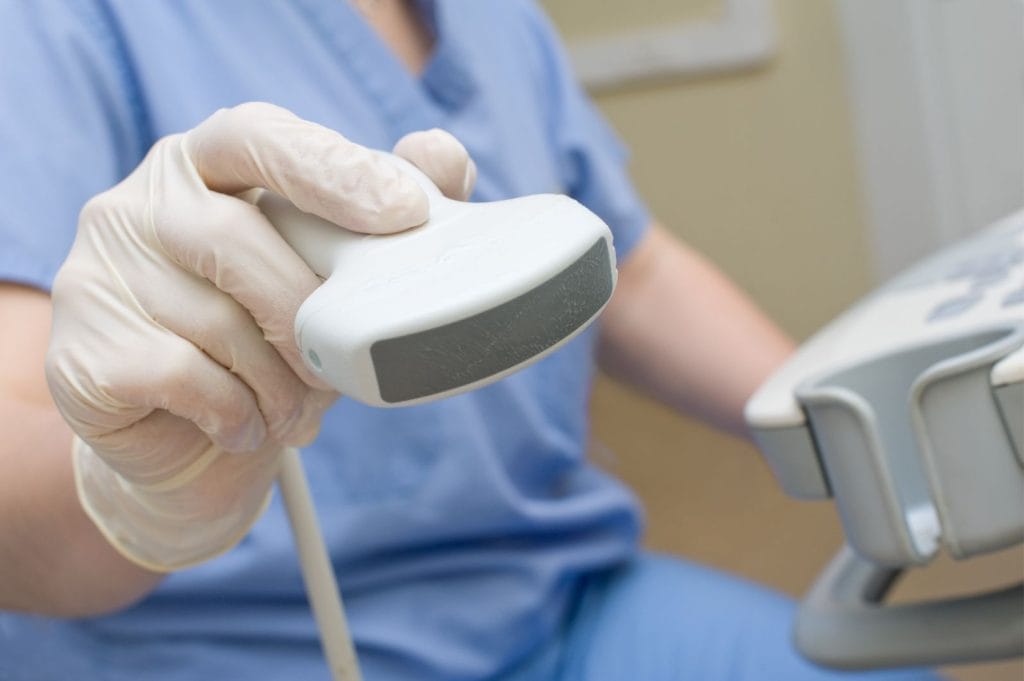
One of several medical PCB applications includes medical diagnostic equipment; they power advancements in MRI machines, X-ray devices, and ultrasound systems.
PCBs ensure these cutting-edge devices deliver accurate and timely diagnoses, helping healthcare professionals with informed decisions that make a difference in patient outcomes.
Implantable Devices

The life-saving potential of implantable medical devices exists due to PCBs. From pacemakers to hearing aids, PCBs enable the functionality of these devices that merge with the human body.
The reliability and longevity of PCBs ensure that these implants deliver uninterrupted performance, offering patients access to a healthier, more fulfilling life.
Wearable Health Monitors
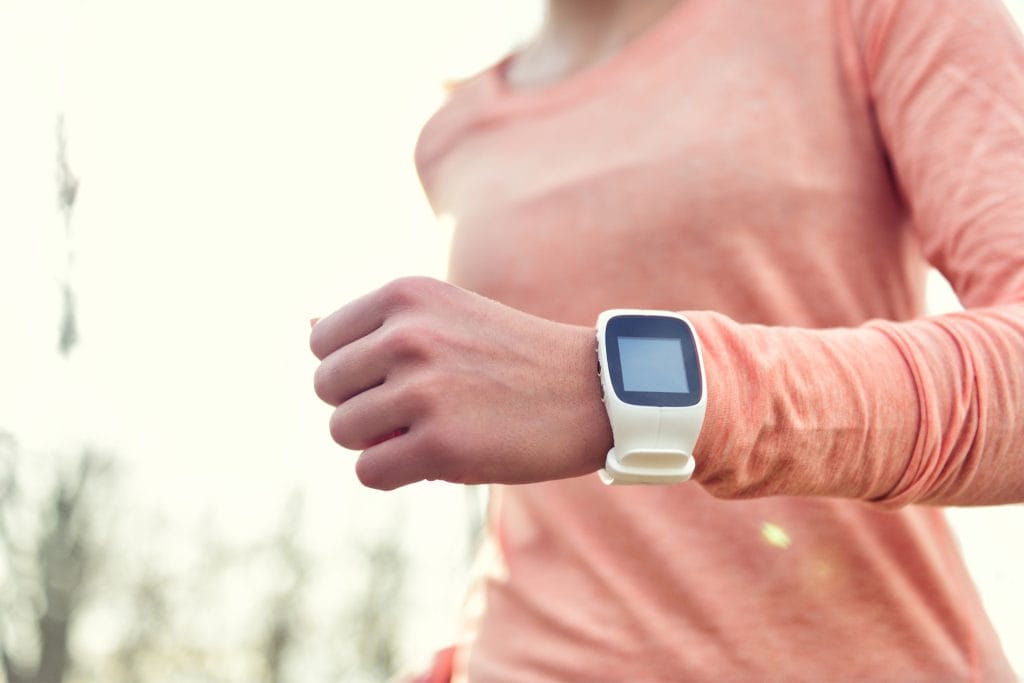
These boards integrate into wearable devices, empowering individuals to track their health continuously through real-time insights into the user’s well-being. The convenience and accessibility of PCB-based wearable health monitors encourage and allow proactive healthcare management.
PCB Applications in Aerospace and Defense
Avionics Systems
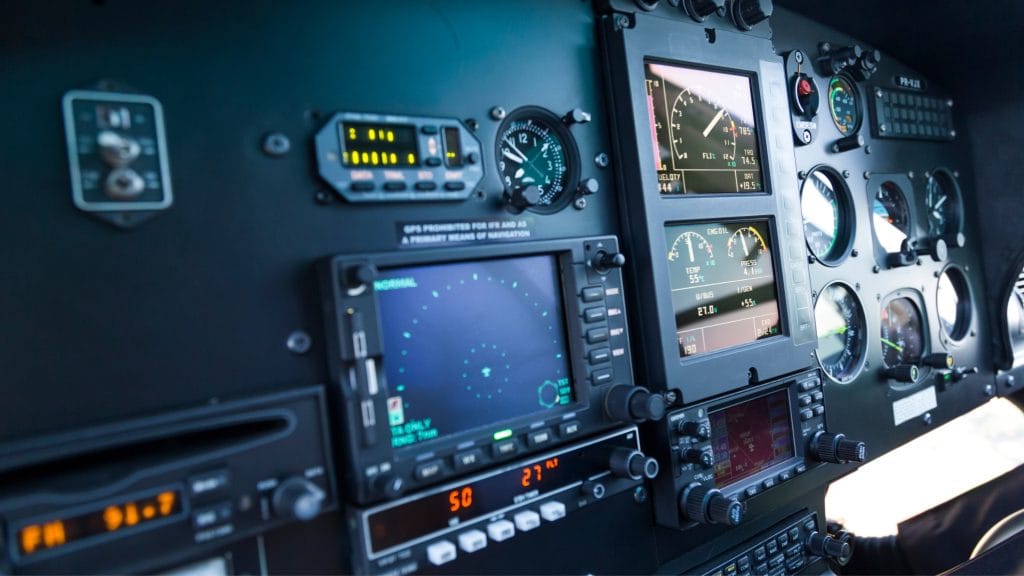
PCBs are crucial in avionics systems, guiding aircraft flight paths and ensuring safe navigation. These boards facilitate the interplay of vital components, contributing to efficient operations and passenger safety.
In the aerospace industry, where precision and reliability are non-negotiable, PCBs adhere to stringent quality standards, assuring business owners of their pivotal role in aviation advancement.
Communication Systems

Defence operations rely on secure and reliable communication systems, and PCBs are essential in this strategic connectivity. They facilitate encrypted communication, fostering exchanges crucial to military intelligence and coordination.
PCBs empower defence forces to execute mission-critical operations, fortified by the reliability and resilience of cutting-edge technology.
Radar and Navigation Systems
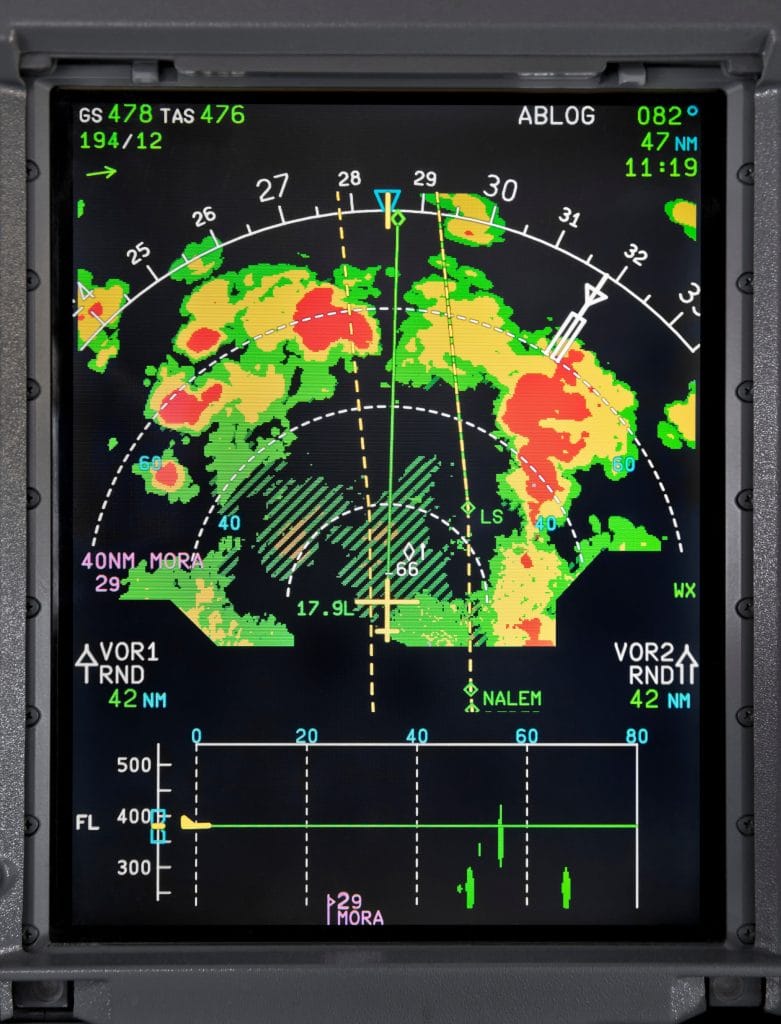
PCBs fuel the accuracy and dependability of navigation and radar systems, enabling reliable positioning, surveillance, and tactical analysis. The integration of PCB technology enhances defence capabilities, propelling the safeguarding of nations and the preservation of peace.
PCB Applications in Telecommunications
Network Equipment
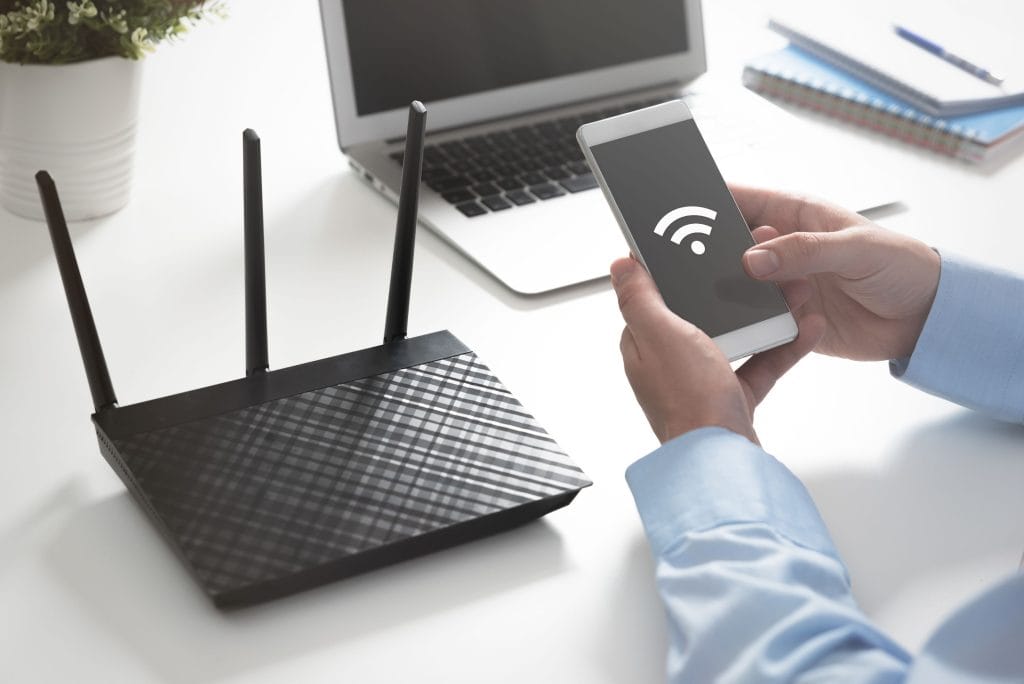
Network equipment, encompassing routers, switches, and modems, use PCBs. They are crucial for the integrity of data transmission, ensuring swift and reliable communication within telecommunication networks.
PCBs optimise the complex interplay of signals, enhancing user experience and driving modern connectivity growth.
Base Stations
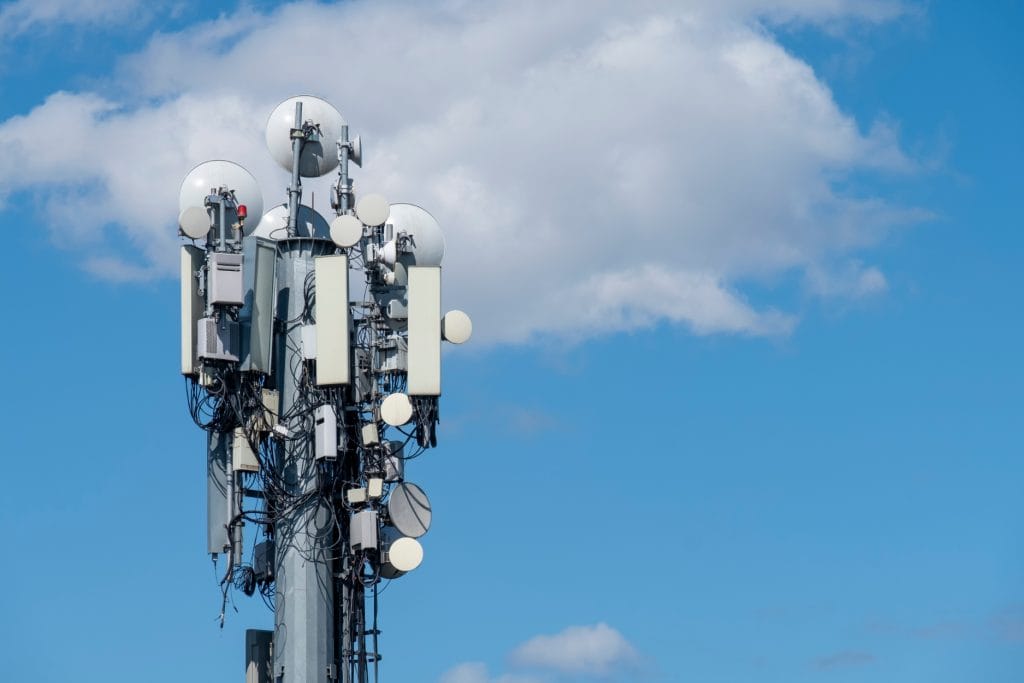
Signal reliability requires PCBs in base stations, where these boards optimise signal reception and transmission. The integration of PCBs amplifies the potency of these stations, ensuring uninterrupted network connectivity even in challenging environments. Using PCBs makes base stations crucial within telecommunications infrastructure, bridging gaps and fortifying connections.Satellite Communication Systems

PCBs also play a pivotal role in satellite communication systems. These boards are built to withstand harsh conditions and epitomise durability and reliability, allowing satellite systems to navigate challenges in space while keeping the world connected.
PCB Applications in Maritime Applications
Marine Communication Systems

PCBs are essential in marine communication systems, connecting vessels to the world and each other. They ensure seamless critical information exchanges, enhancing maritime operations and fostering collaboration.
The reliability of PCBs is paramount in safeguarding lives at sea, ensuring that information flows unhindered and that safety and security are upheld even in the most challenging maritime environments.
Navigation and Positioning Systems
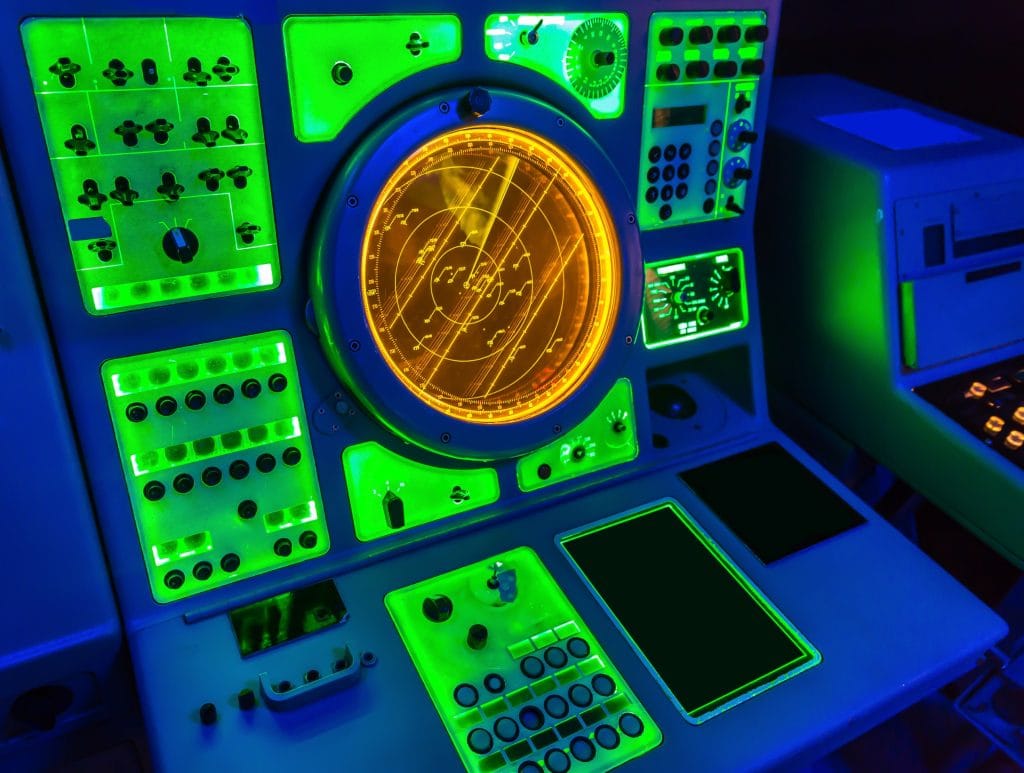
PCBs are pivotal in positioning and navigation systems, providing the precision and reliability required for safe passage within the maritime industry. By integrating PCB technology, vessels ensure accurate navigation, empower effective decision-making, and promote safety during travel.
PCB Applications in Safety and Security Equipment
Surveillance Systems
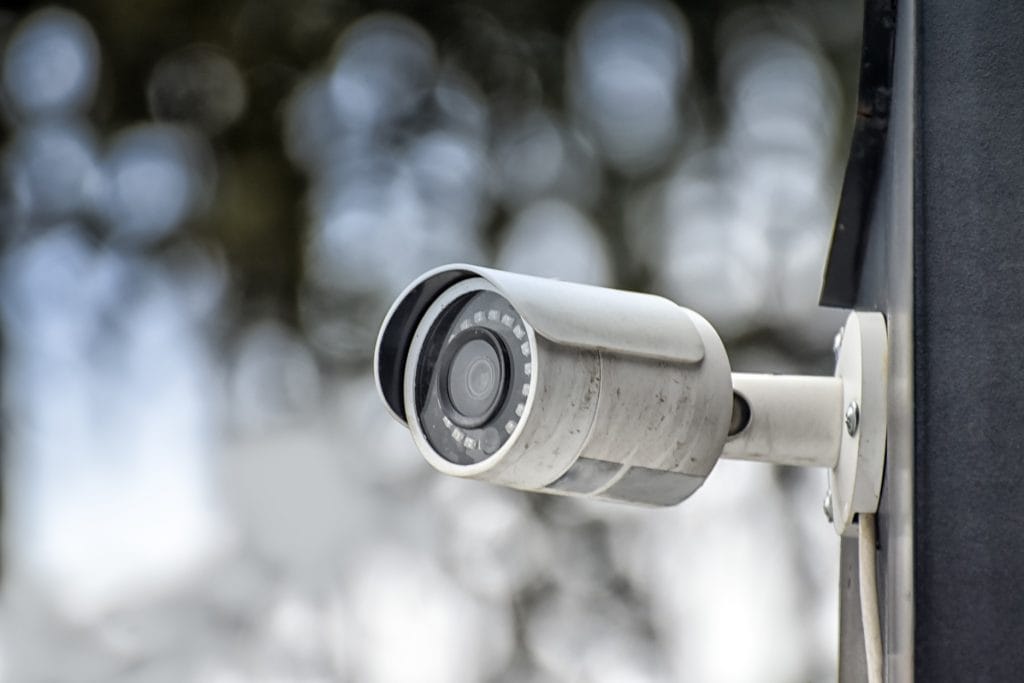
Surveillance systems use devices, such as CCTV cameras and security alarms, that utilise PCBs. These boards enable monitoring and precise alert systems, elevating security measures and deterring potential threats. Integrating PCBs safeguards spaces and improves crime prevention strategies.
Access Control Systems
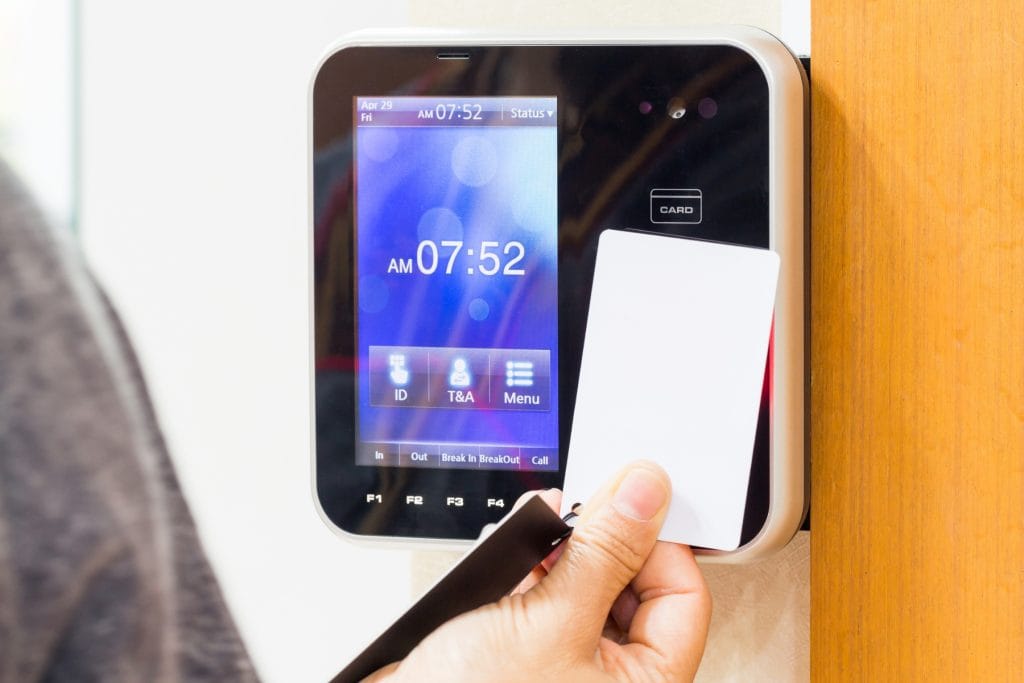
These boards enable streamlined access while maintaining rigorous security standards. The reliability and efficiency of PCB-based access control solutions ensure that only authorised personnel gain entry, safeguarding environments and protecting business assets and operational integrity.
PCB Applications in LED Technology
LED Lighting Systems

PCBs are vital within LED lighting systems. They offer efficient and enduring illumination whilst optimising energy consumption and reducing maintenance costs.
The benefits of PCBs extend beyond illumination, shaping the landscape of sustainable lighting that businesses can rely on. They are an ideal lower-energy PCB application.
LED Displays

From advertising to signage, PCBs infuse LED displays with high-definition brilliance and unparalleled versatility. Businesses leverage PCB-based LED displays to draw customers in, enhancing brand visibility and creating an unforgettable visual impact that sets them apart.
PCBs underpin innovation, efficiency, and safety from consumer electronics to aerospace, from telecommunications to medical devices. The possibilities are endless – enhanced connectivity, streamlined operations, and transformative customer experiences.
For more information about flexible PCB applications, contact Altimex and see how we can support your business operations. Our experts tailor solutions to your industry needs, revolutionising your processes through PCBs.
Subcontract a PCB assembly today and see how it can help your company.


